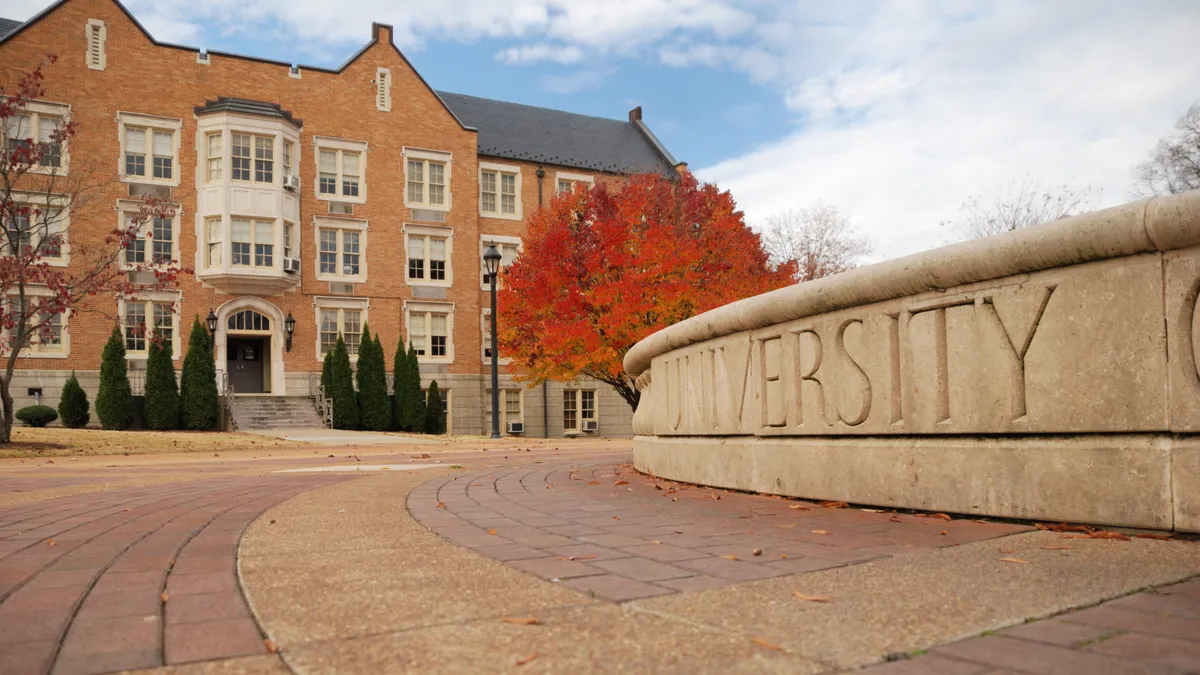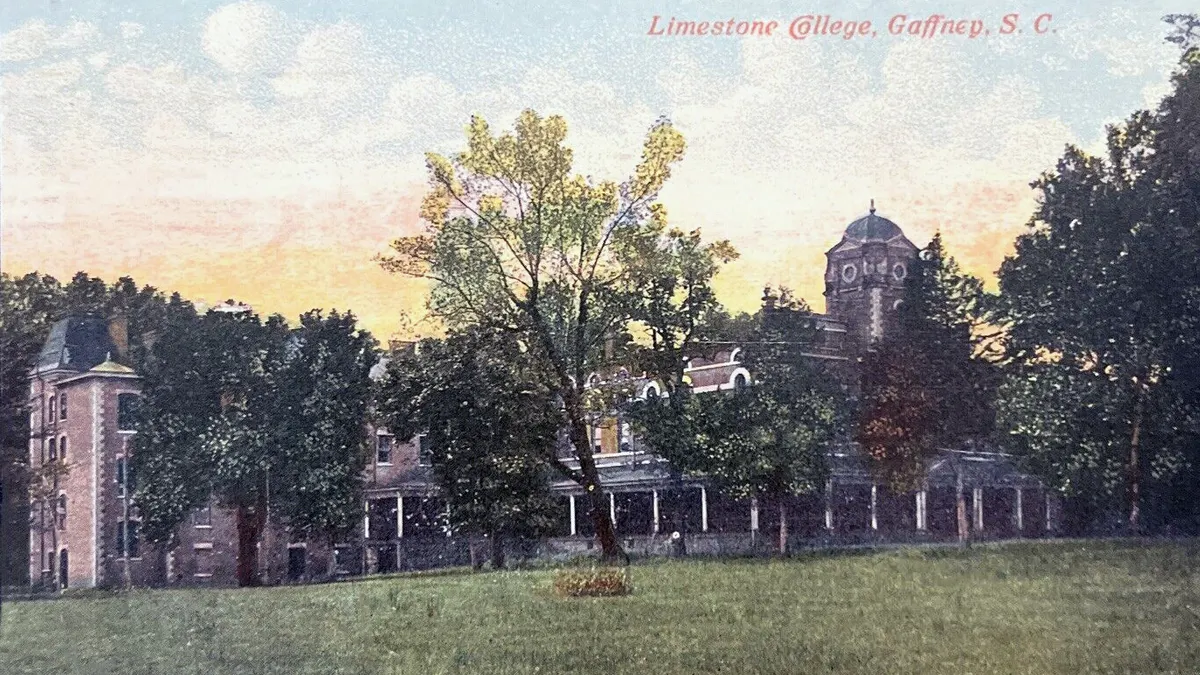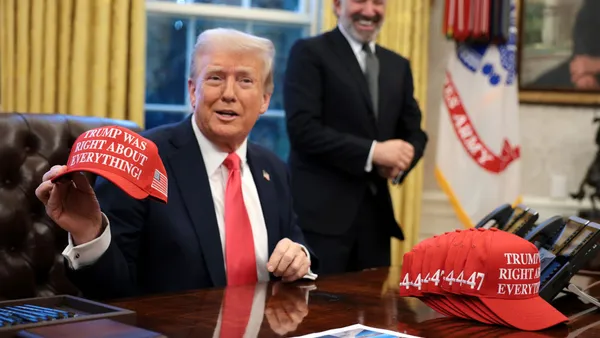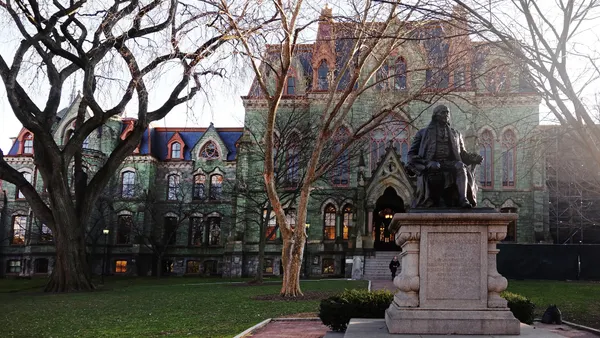Dive Brief:
- Most polled Americans, 70%, disagreed that the federal government should control “admissions, faculty hiring, and curriculum at U.S. colleges and universities to ensure they do not teach inappropriate material,” according to a survey released Wednesday by the Public Religion Research Institute.
- The majority of Americans across political parties — 84% of Democrats, 75% of independents and 58% of Republicans — disagreed with federal control over these elements of college operations.
- The poll’s results come as the Trump administration seeks to exert control over college workings, including in its recent offer of priority for federal research funding in exchange for making sweeping policy changes aligned with the government’s priorities.
Dive Insight:
The poll from the nonpartisan PRRI isn’t the first survey to suggest that large swaths of Americans disagree with the Trump administration’s approach to higher education policy.
Slightly more than half of Americans, 56%, said they disapproved of how President Donald Trump was handling higher education-related issues, a May poll from The Associated Press and NORC at the University of Chicago found.
However, the AP-NORC poll found a stark political divide, with 90% of Democrats disapproving of Trump’s approach and 83% of Republicans approving of it.
More specifically, 73% of Democrats said at the time that they disapproved of the withholding of colleges' federal funds for not complying with the government’s political goals. Conversely, 51% of Republicans approved of that approach.
Another poll — this one of Jewish Americans conducted by Ipsos and researchers from the University of Rochester and the University of California — found in September that 58% said they disagree with the Trump administration pausing or canceling vast sums of federal research funding to Harvard University and the University of California, Los Angeles.
In both cases, the Trump administration has accused the universities of not doing enough to address antisemitism on campus and demanded sweeping policy changes. However, federal judges have largely blocked the government’s attempted suspension of their research funding.
In the Ipsos poll, 72% of Jewish Americans said they were concerned about antisemitism on college campuses. But the same share said they believed the Trump administration was “using antisemitism as an excuse to penalize and tax college campuses.”
The Trump administration has so far cut deals with four colleges: three Ivy League institutions and, most recently, the University of Virginia, the first public institution to strike such an agreement.
More deals could be coming down the pike.
Earlier this month, the Trump administration offered priority research funding to nine colleges if they signed a compact dictating certain policies impacting their tuition, admissions and academics. Those provisions spanned from adopting a five-year tuition freeze to potentially dissolving campus units that “purposefully punish” and “belittle” conservative ideas.
While most of the colleges rejected the compact, Trump appeared to open up the deal to any interested institution. Additionally, two of the initial nine colleges — the University of Texas at Austin and Vanderbilt University — haven’t yet said publicly if they will sign or reject the compact.
Vanderbilt Chancellor Daniel Diermeier said he would provide feedback on the compact, adding that he looked forward to “continuing the conversation,” according to The Vanderbilt Hustler.
Meanwhile, UT-Austin officials have been silent on the compact lately, though the chair of the UT System initially said it was “honored” its flagship received the proposal.













